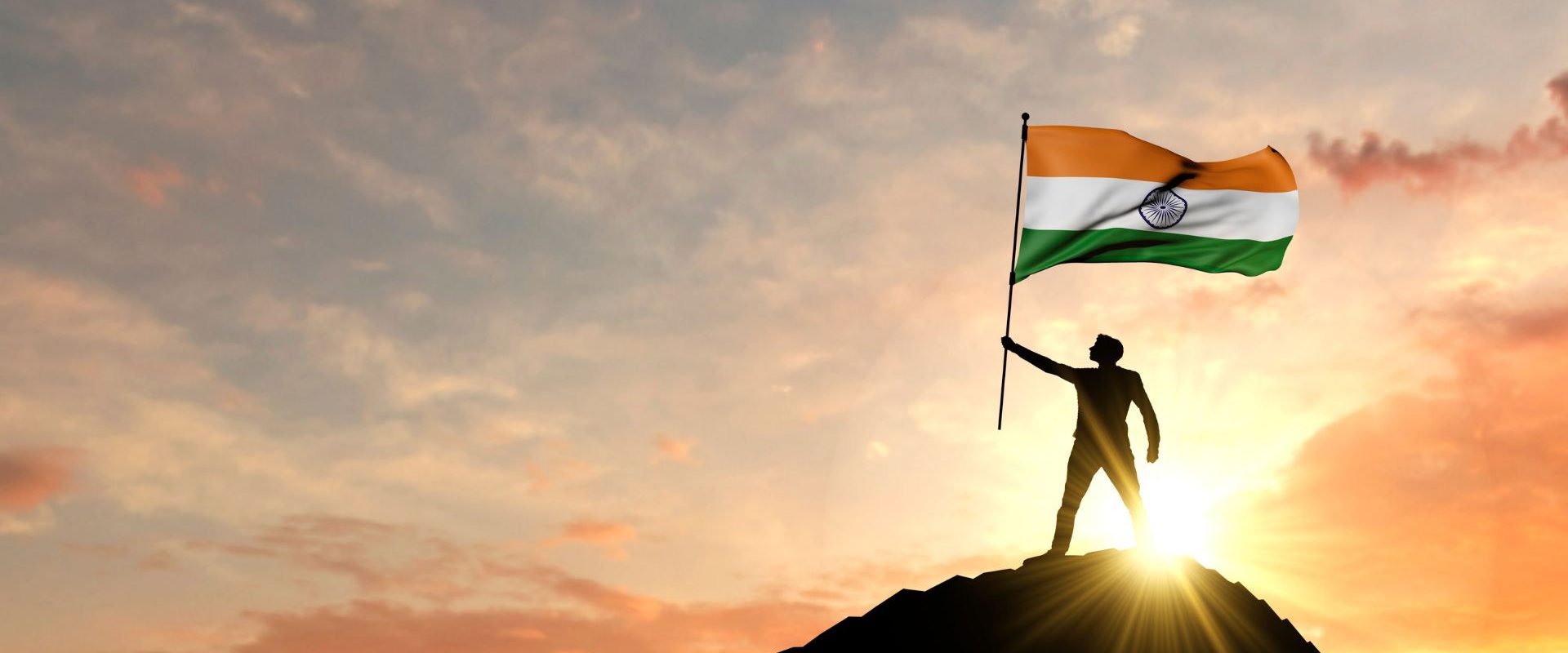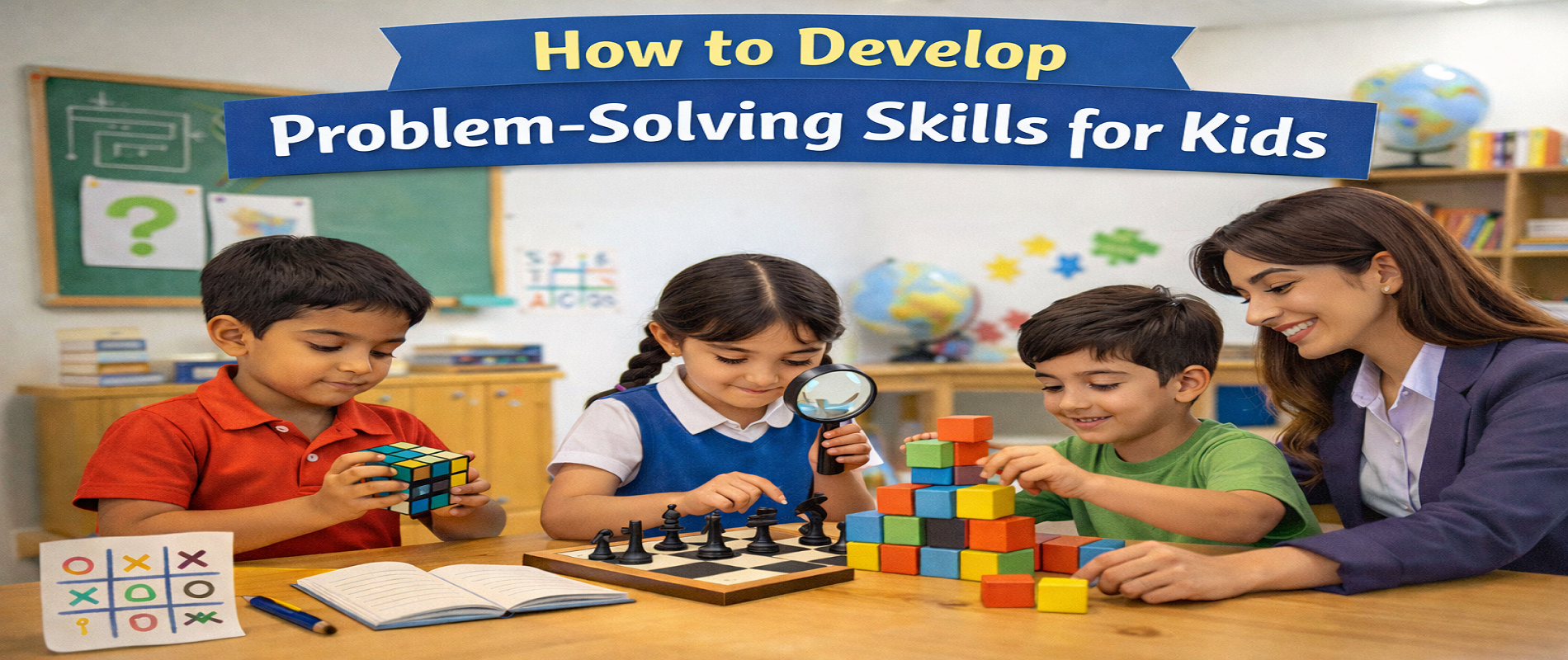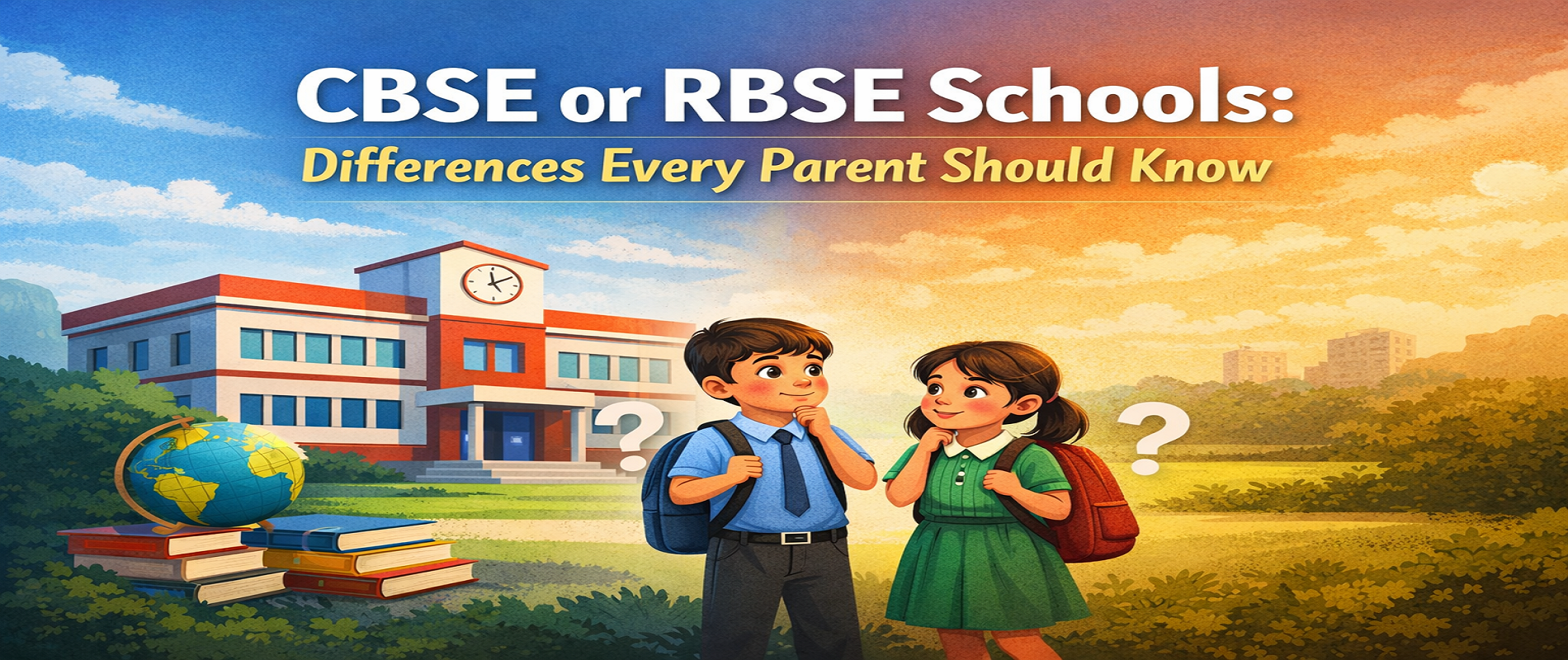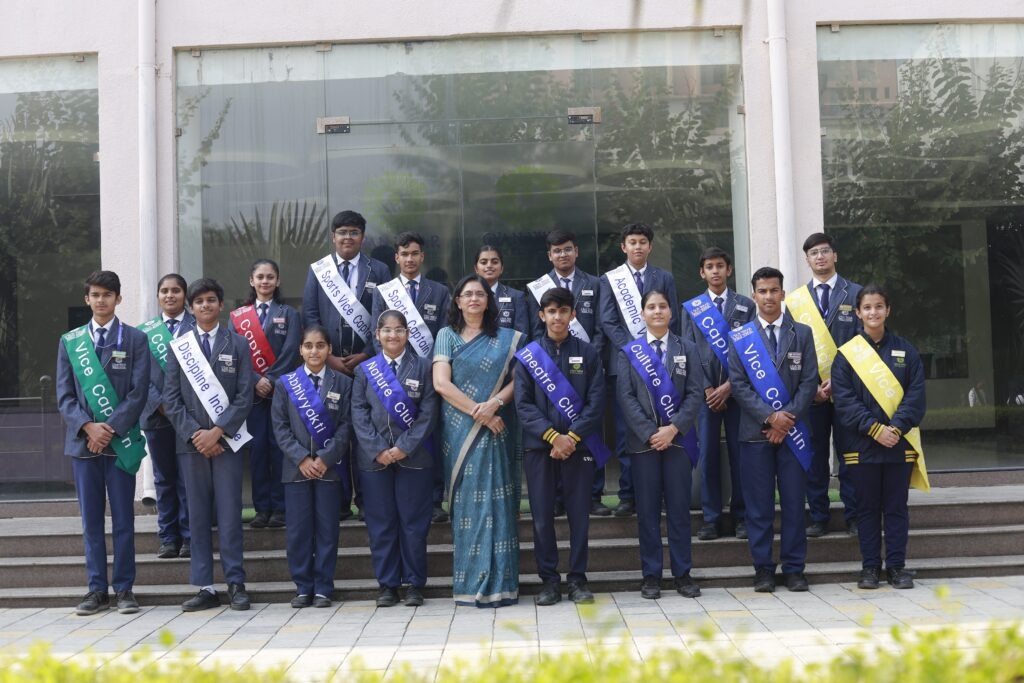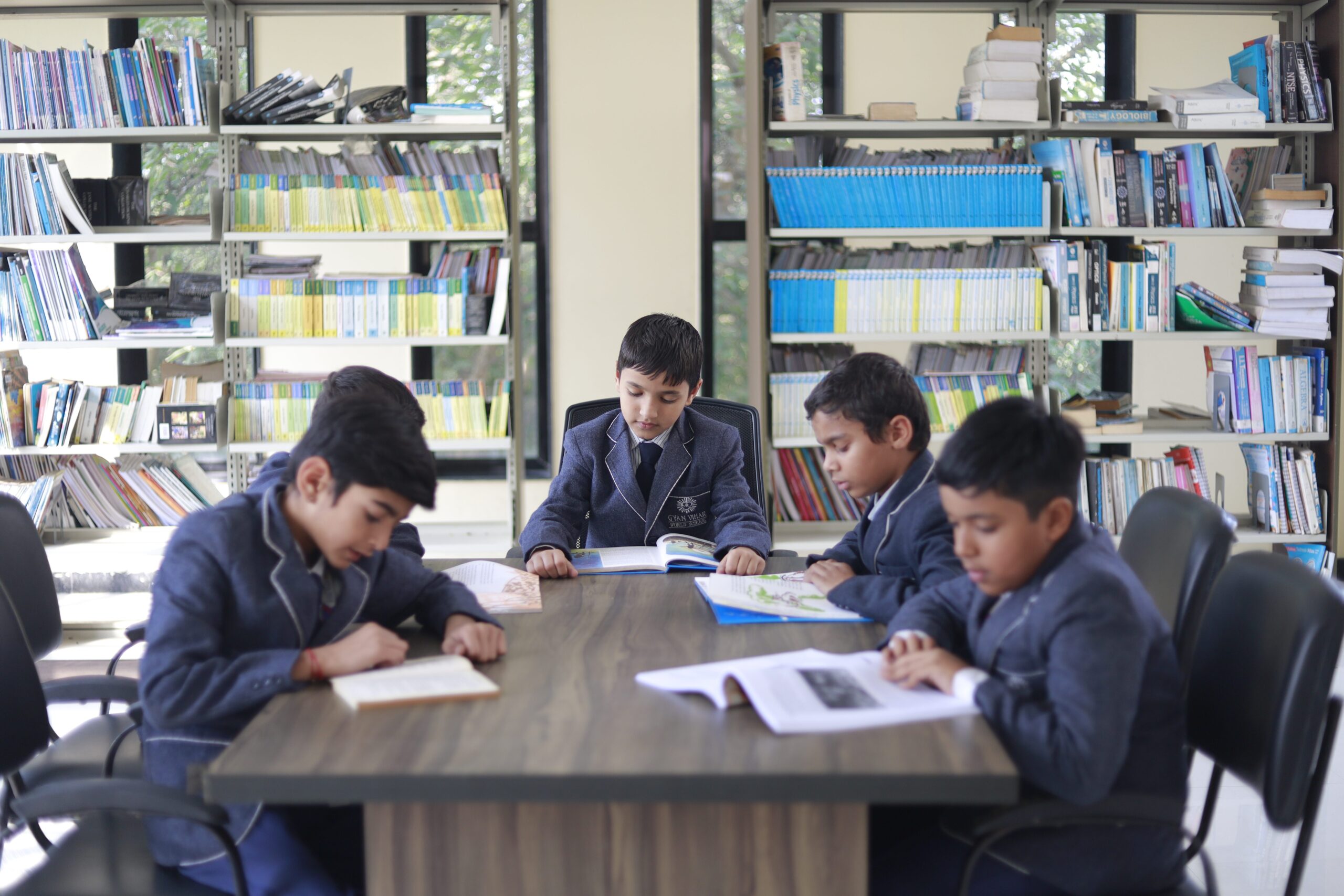Every year, on August 15th, India celebrates its Independence Day. This momentous day marks the end of British colonial rule and the birth of India as a sovereign nation. As students of Gyan Vihar World School, recognized among the best CBSE schools in Jaipur, understanding the significance of Independence Day is vital. It not only honors the sacrifices of our freedom fighters but also reminds us of the values and responsibilities that come with freedom. This blog explores the rich history, enduring legacy, and vibrant celebrations of India’s Independence Day.
The Road to Independence: A Historical Overview
The Struggle for Freedom
India’s journey to independence was a long and arduous one, marked by persistent efforts, sacrifices, and a series of significant events:
- Early Resistance: The seeds of resistance were sown as early as the 18th century with the Revolt of 1857, which marked the first organized uprising against British rule.
- Formation of the Indian National Congress: Established in 1885, the Indian National Congress (INC) became the central platform for India’s struggle for freedom, uniting leaders from different regions and backgrounds.
- Gandhian Era: Mahatma Gandhi’s return to India in 1915 marked a new chapter in the freedom movement. His philosophy of non-violence and civil disobedience galvanized the masses and inspired movements like the Non-Cooperation Movement, Civil Disobedience Movement, and the Quit India Movement.
- Role of Revolutionaries: Alongside Gandhian movements, revolutionaries like Bhagat Singh, Chandrashekhar Azad, and Subhas Chandra Bose played a crucial role in the fight for independence through more radical means.
Key Milestones
Several key milestones punctuated India’s struggle for independence, each contributing to the ultimate victory:
- Jallianwala Bagh Massacre (1919): The brutal massacre of unarmed civilians in Amritsar fueled widespread anger and marked a turning point in the freedom struggle.
- Dandi March (1930): Gandhi’s Salt March against the salt tax highlighted the exploitative British policies and mobilized the masses.
- Quit India Movement (1942): Launched during World War II, this movement demanded an end to British rule and showcased the unity and determination of Indians.
- Cabinet Mission Plan (1946): This plan set the stage for the transfer of power from British hands to Indian leaders.
- Mountbatten Plan (1947): This plan outlined the partition of India and the establishment of two independent nations, India and Pakistan.
The Midnight of August 15, 1947
The culmination of decades of struggle came at midnight on August 15, 1947, when India finally broke free from the shackles of colonialism. Pandit Jawaharlal Nehru, the first Prime Minister of independent India, delivered his iconic “Tryst with Destiny” speech, marking the birth of a new nation.
Celebrating Independence Day: Traditions and Customs
National Flag Hoisting
The day begins with the hoisting of the national flag, symbolizing the country’s sovereignty and unity. The Prime Minister of India raises the flag at the Red Fort in Delhi, followed by a ceremonial 21-gun salute and the singing of the national anthem.
Address to the Nation
The Prime Minister addresses the nation, reflecting on the progress made and outlining the government’s vision for the future. This address is a significant part of the celebrations, providing insights into the nation’s achievements and challenges.
Cultural Programs and Parades
Independence Day is celebrated with vibrant cultural programs and parades that showcase India’s diversity and rich heritage:
- School Programs: Schools like Gyan Vihar World School organize special assemblies, cultural performances, and competitions to commemorate the day.
- Military Parades: Military and paramilitary forces participate in parades, displaying the strength and discipline of the nation’s armed forces.
- Folk Performances: Folk dances and music performances highlight the cultural richness and diversity of India’s various states.
Community Celebrations
Communities across the country come together to celebrate Independence Day with fervor and enthusiasm:
- Flag Hoisting Ceremonies: Local leaders and community members participate in flag hoisting ceremonies, followed by speeches and patriotic songs.
- Patriotic Contests: Competitions such as essay writing, drawing, and singing are organized to encourage children to express their love for the nation.
- Social Initiatives: Many communities undertake social initiatives like tree planting, blood donation camps, and cleanliness drives, reflecting the spirit of nation-building.
The Significance of Independence Day
Honoring the Freedom Fighters
Independence Day is an occasion to pay tribute to the countless freedom fighters who laid down their lives for the nation’s freedom. Their sacrifices are a reminder of the price of liberty and the responsibilities it entails.
Fostering National Unity
The celebrations foster a sense of national unity and pride, transcending regional, linguistic, and cultural differences. It is a day when the entire nation comes together to celebrate the spirit of freedom and democracy.
Educating the Young Generation
For students at Gyan Vihar World School and other educational institutions, Independence Day is an opportunity to learn about the nation’s history and the values of freedom, justice, and equality. It inspires them to contribute to the nation’s progress and uphold its democratic ideals.
Reflecting on Progress and Challenges
Independence Day is also a time to reflect on the progress made since independence and the challenges that lie ahead. It is a reminder of the collective effort required to address issues like poverty, illiteracy, and social inequality.
Independence Day in Gyan Vihar World School
Activities and Events
At Gyan Vihar World School, one of the top schools in Jaipur, Independence Day is celebrated with great enthusiasm and patriotism. Here’s how the school marks this important day:
- Special Assembly: The day begins with a special assembly where students present speeches, poems, and skits highlighting the significance of Independence Day.
- Cultural Performances: Students participate in cultural performances, including patriotic songs and dances, showcasing their talents and love for the nation.
- Art and Craft Competitions: Competitions like drawing, painting, and poster-making are organized to encourage students to express their creativity on themes related to independence and freedom.
- Essay and Debate Competitions: Students participate in essay writing and debate competitions, expressing their views on various aspects of India’s freedom struggle and its relevance today.
- Flag Hoisting Ceremony: The principal and teachers, along with students, participate in the flag hoisting ceremony, followed by the singing of the national anthem.
Educational Initiatives
The school also undertakes various educational initiatives to instill a sense of patriotism and civic responsibility among students:
- Workshops and Seminars: Workshops and seminars are conducted to educate students about the Constitution, the rights and duties of citizens, and the importance of democratic values.
- Field Trips: Students are taken on field trips to historical places and museums to learn about the freedom struggle and the leaders who played a pivotal role in it.
- Guest Lectures: Eminent personalities and freedom fighters are invited to share their experiences and insights with the students, providing them with a deeper understanding of the sacrifices made for the nation’s freedom.
Conclusion: Embracing the Spirit of Independence
Independence Day is not just a public holiday; it is a celebration of India’s hard-won freedom and the values that define us as a nation. For the students of Gyan Vihar World School, one of the best schools in Jaipur, it is an opportunity to learn about the country’s rich history, appreciate the freedoms they enjoy, and recognize the importance of their role in sustaining the democratic fabric of the nation.
As we celebrate this day, let us remember the sacrifices of our forefathers and pledge to uphold the ideals of justice, liberty, and equality. Let us work together to build a more inclusive, equitable, and prosperous India, ensuring that the dawn of freedom continues to inspire future generations.
By embracing the spirit of Independence Day, we can inspire young minds to cherish the ideals of democracy and work together to create a better tomorrow.

